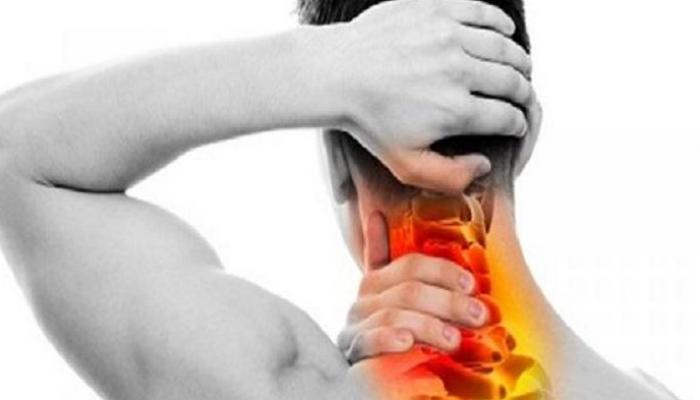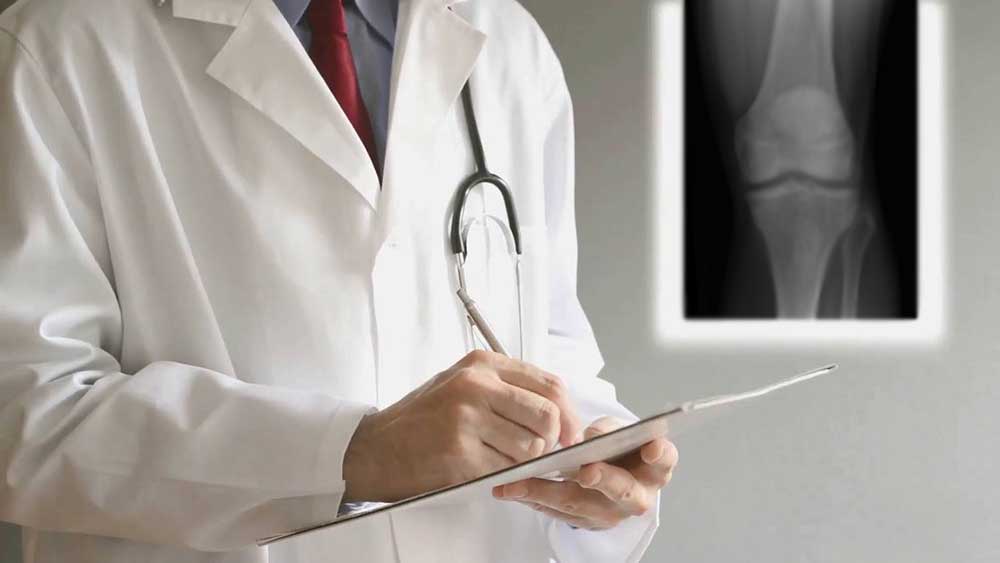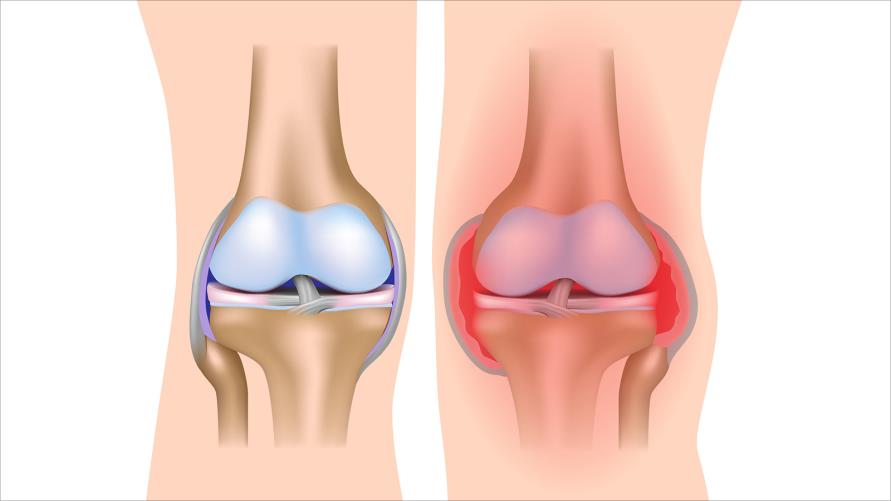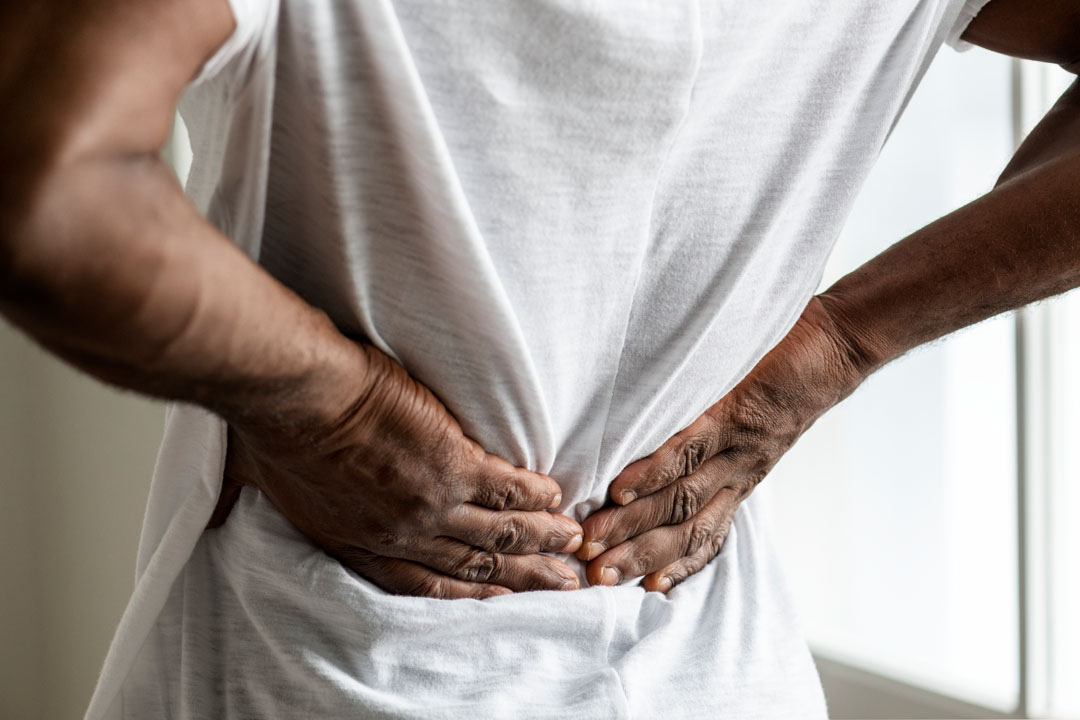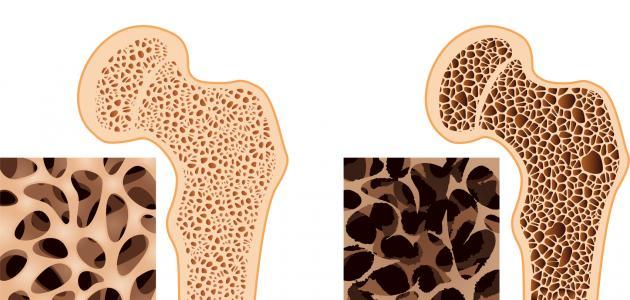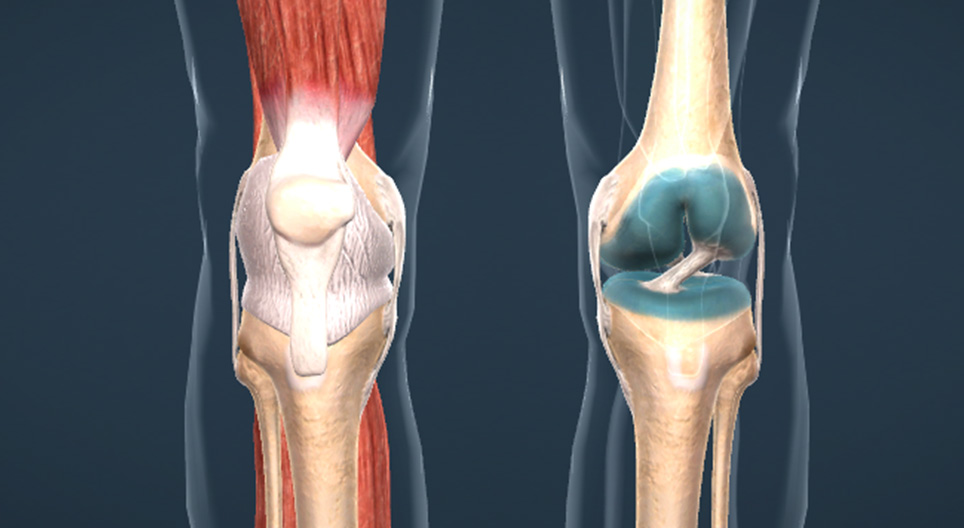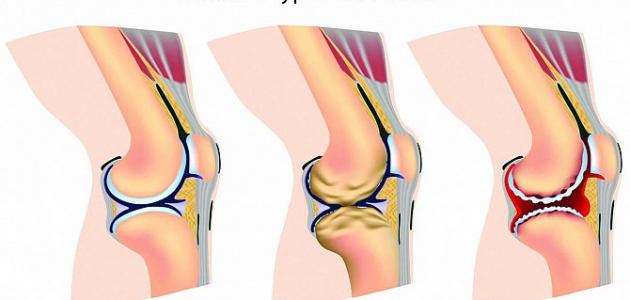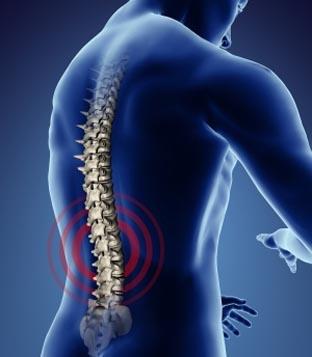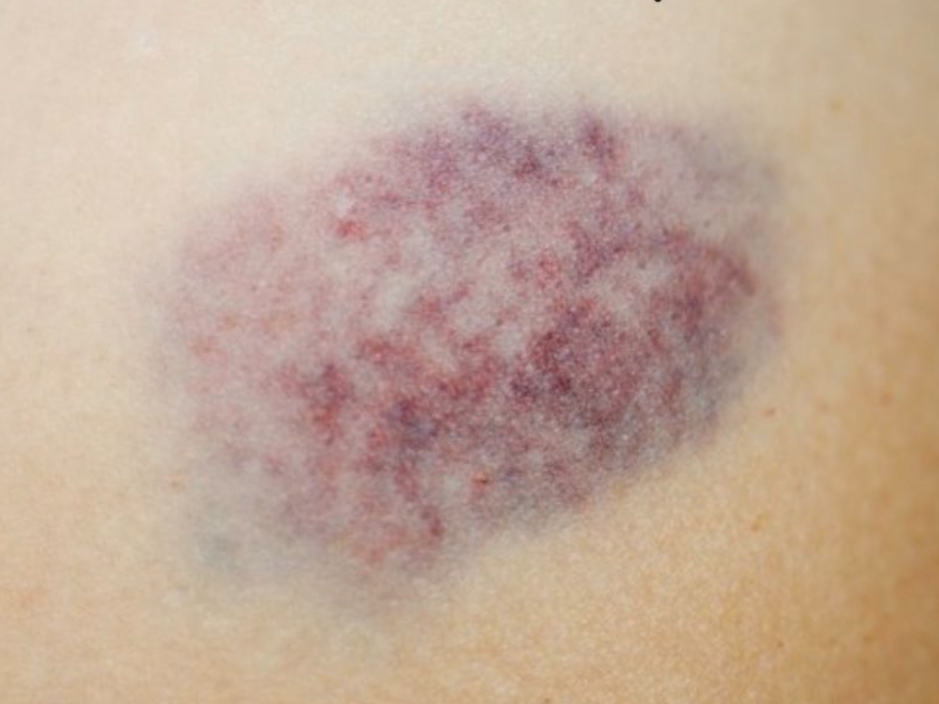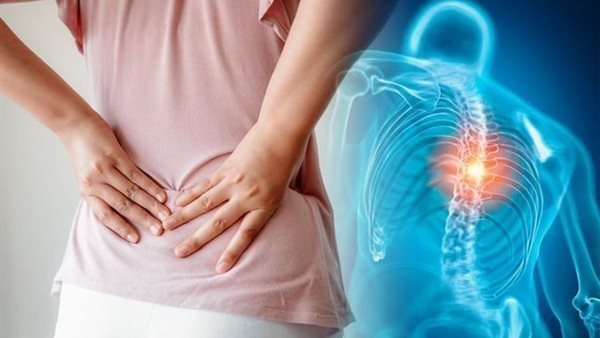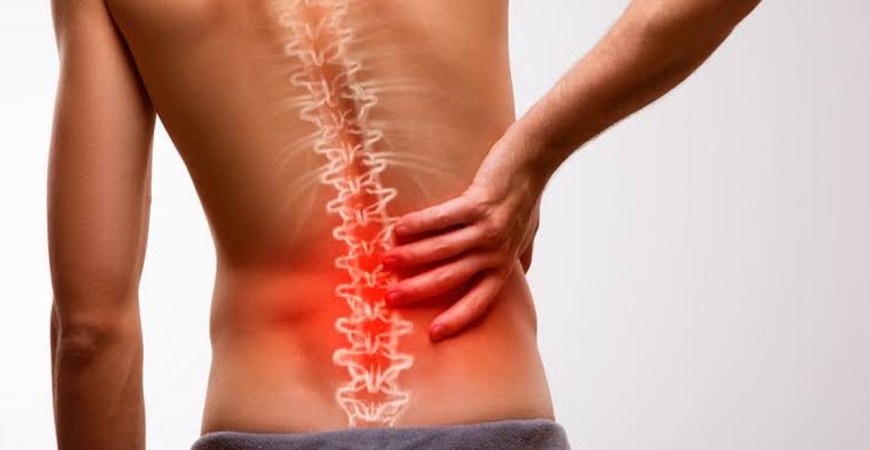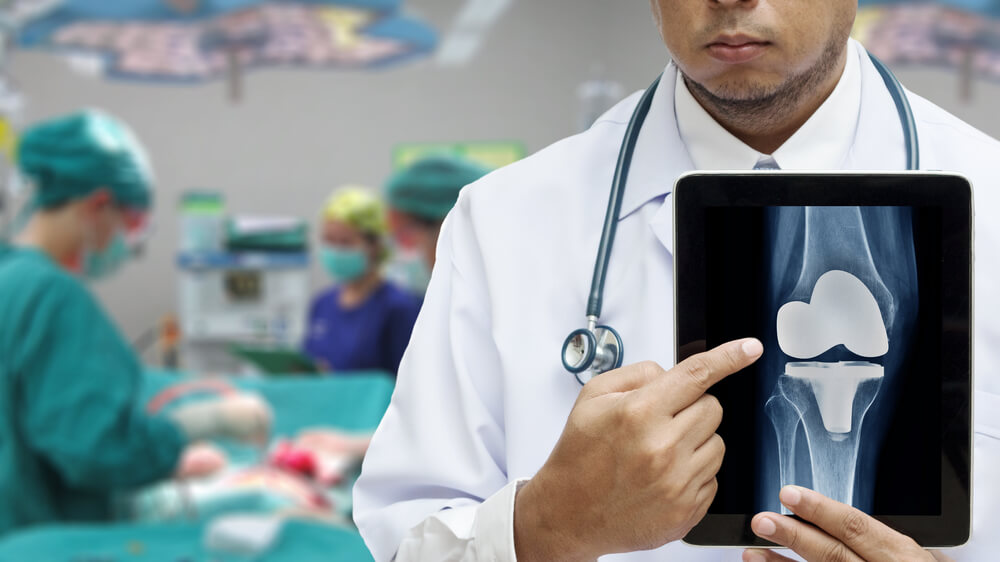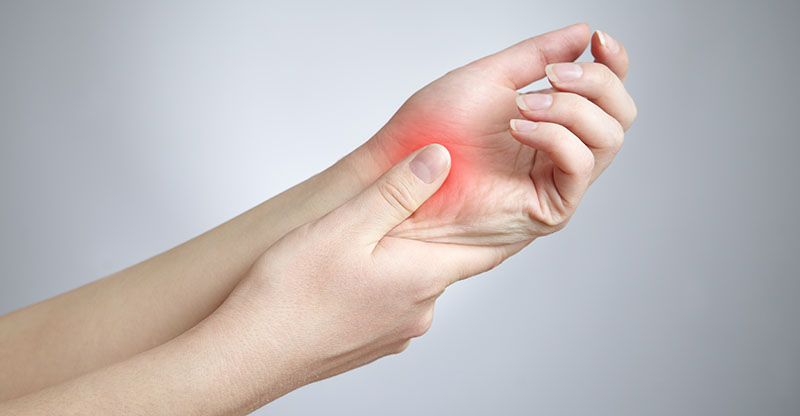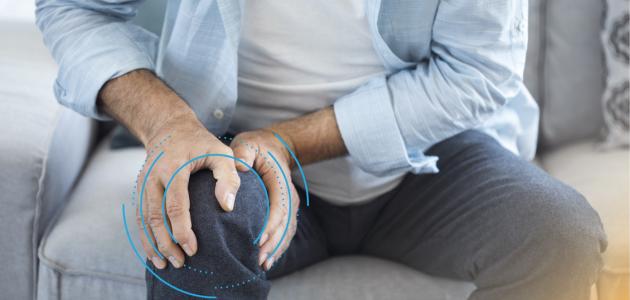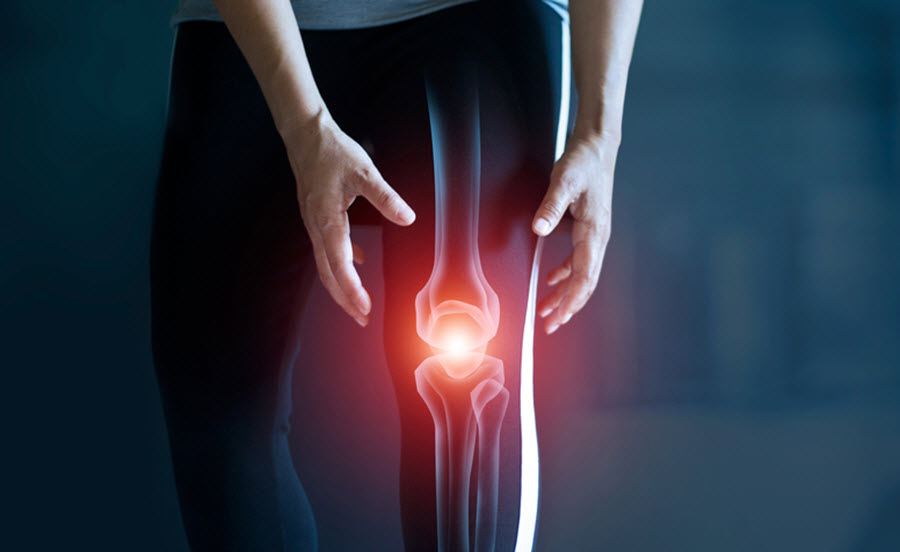Does vitamin D deficiency cause flatulence?
There is a lot of information that some people did not know about vitamin D, including vitamin D malabsorption disorder in the body, and all information about it is presented in the following article.
What prevents the absorption of vitamin D?
There are several reasons why the body cannot absorb vitamin D into the body:
Diseases associated with malabsorption
Multiple health problems can increase the chances of vitamin D malabsorption, especially diseases related to the digestive system, including:
- Cystic fibrosis disease.
- Whipple’s disease.
- Crohn’s disease.
- Short bowel syndrome.
Taking certain medications
Some side effects lead to difficulty in absorbing vitamin D into the body, and drugs that can affect the body’s benefit from vitamin D include:
Types of antibiotics
There are types of obesity treatment drugs that affect the absorption of the vitamin in the body.
Certain cholesterol-lowering medications have the same effect.
- Types of antibiotics
- There are types of obesity treatment drugs that affect the absorption of the vitamin in the body.
- Certain cholesterol-lowering medications have the same effect.
Absorption of other minerals
There is a belief that the absorption of other minerals such as vitamins A and K in the body affects in one way or another the ability of the intestine to absorb vitamin D.
Other reasons
Several other reasons can affect the absorption of vitamin D in the body, including eating low-fat foods because this vitamin dissolves in fats, and eating foods with a high fiber content can affect the absorption of vitamin D in the body.
How is vitamin D malabsorption diagnosed?
Many methods help to know that vitamin D is not absorbed in the body, including the following:
- Sweat test: Through sweat, cystic fibrosis can be detected, which is one of the reasons why vitamin D is not well absorbed.
- Blood test: By doing blood tests, it is possible to know the percentage of vitamin D in the body and to know how bad the patient’s condition is.
- Endoscopic bowel examination: Enteroscopy can help identify diseases that reduce the body’s absorption of vitamin D.
What foods help absorb vitamin D?
Food and eating certain foods can help improve vitamin D malabsorption in the body and help to get enough vitamin D, and here are some types of food that help enhance the absorption of the vitamin, and they are:
- spinach.
- chicken.
- the milk.
- kiwi.
- Nuts.
- Whole grains.
- Chocolate.
Does vitamin D deficiency cause flatulence?
The relationship between flatulence and vitamin D deficiency has not yet been verified until sometimes vitamin D deficiency affects the digestive system and intestines, which may cause health problems in the colon and stomach that lead to flatulence.
Despite this, some studies have proven to link an increase in vitamin D in the body with constipation as a result of a stomach disorder, and thus this increases the presence of gases in the abdomen and its bloating, the normal level of vitamin D must be maintained in the body so that complications and damage do not occur on its internal organs.

